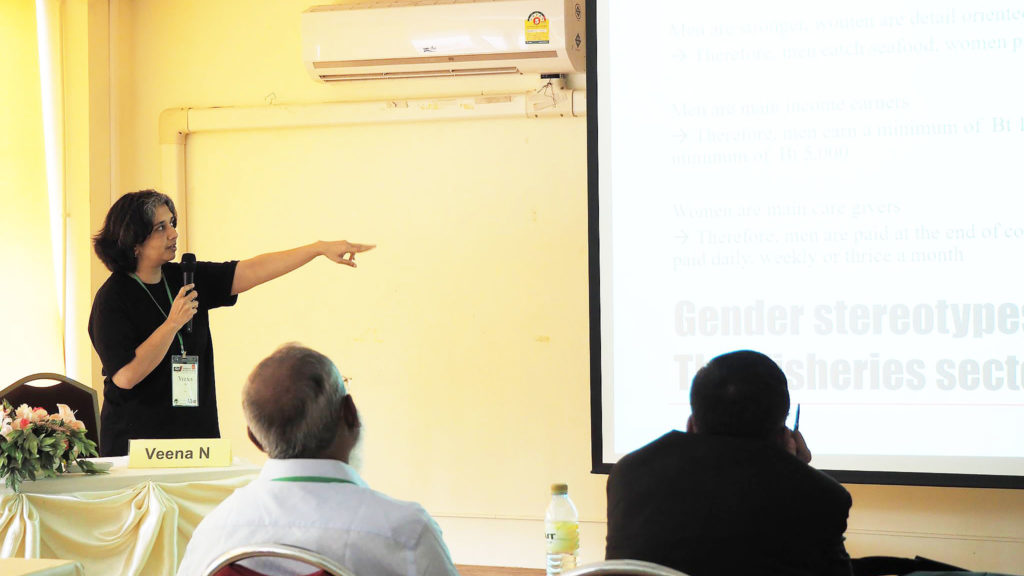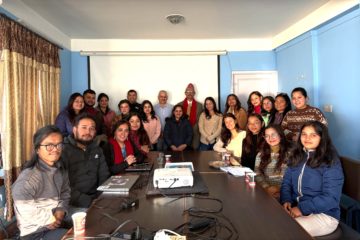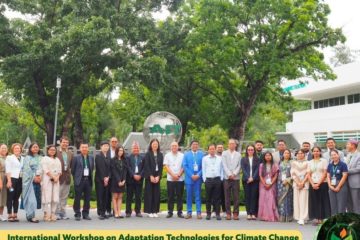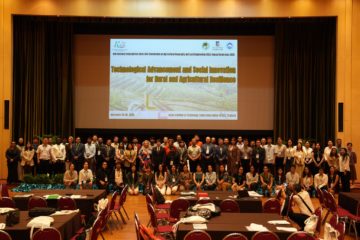Congratulations to Ms.Veena N. for receiving the best paper award at GAF7
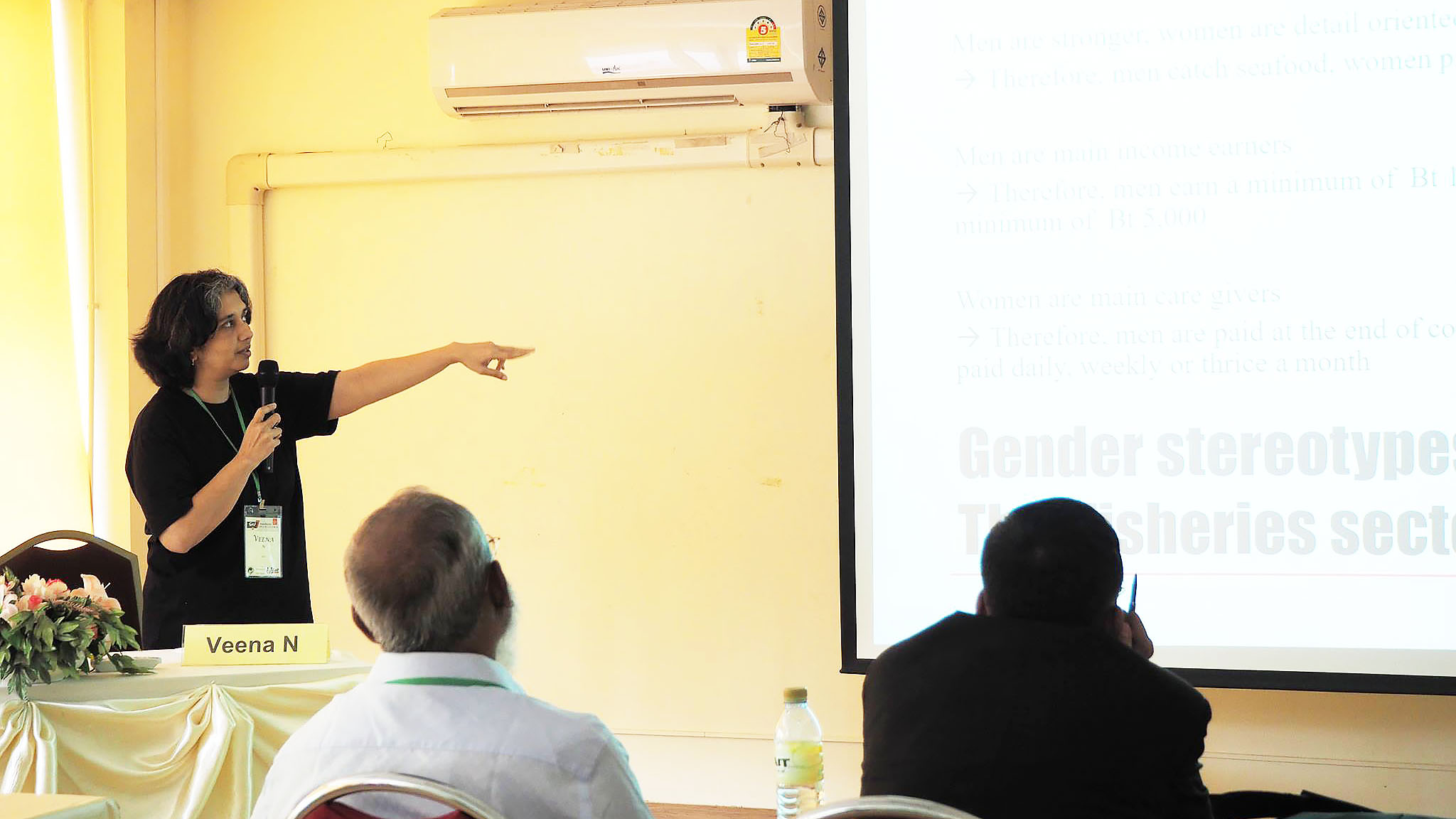
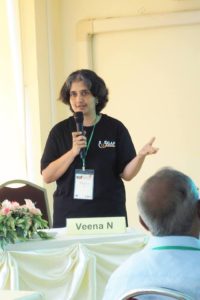 A presentation by Ms.Veena N., a PhD GDS student with her advisor, Dr. Kyoko Kusakabe, as co-author, was awarded the Best Paper Award at GAF7 (the 7th Gender in Aquaculture & Fisheries: Expanding the Horizons).
A presentation by Ms.Veena N., a PhD GDS student with her advisor, Dr. Kyoko Kusakabe, as co-author, was awarded the Best Paper Award at GAF7 (the 7th Gender in Aquaculture & Fisheries: Expanding the Horizons).
Veena is a doctoral student of Gender and Development Studies in the Department of Development and Sustainability in AIT’s School of Environment, Resources and Development.
The title of this article was “Migrant Women’s Strategies to Cope with Exploitative Employment Practices in Thai Seafood Sector: A Case Study from Rayong and Trat”
Migrant Women’s Strategies to Cope with Exploitative Employment Practices in Thai Seafood Sector: A Case Study from Rayong and Trat
VEENA N. and KYOKO KUSAKABE
Gender and Development Studies, Asian Institute of Technology, Thailand
There is considerable literature on the exploitation and abuse of migrant men in the fisheries sector in Thailand . However, there are few studies on the ways in which migrant women are exploited in the seafood sector. Women migrants in the seafood sector suffer from multiple exploitations, both direct and indirect, in terms of the nature of work, working conditions, terms of payment, and living conditions. The terms of payment and working condition of men migrant seafarers also affects migrant women’s lives indirectly.
Cambodian men who work as seafarers are paid a small advance each month, and a lumpsum at the end of the contract. Because of this, they are unable to send home remittance, and women are forced to migrate to Thailand and work in the seafood sector to support themselves and the family. Women are paid on a daily or weekly basis, which is sufficient for subsistence, but doesn’t allow for savings, or planning for the economic future. Men’s income is paid in a lumpsum (after many deductions), and hence, men have control over decision-making over how the income is used. Women live and raise their children alone in Thailand, while men are at sea. This raises concerns about double burden as well as safety in a new destination. Migrant women have developed coping strategies to deal with the exploitative conditions they live and work in.
Based on indepth interviews with 40 migrant Cambodian women working in the seafood sector in Rayong and Trat provinces of Thailand, this paper will present the key issues that migrant women in seafood sector face, and the coping strategies they have developed to deal with these issues.
Abstract: veena-abstract
GAF7 Pictures: Available on Facebook
